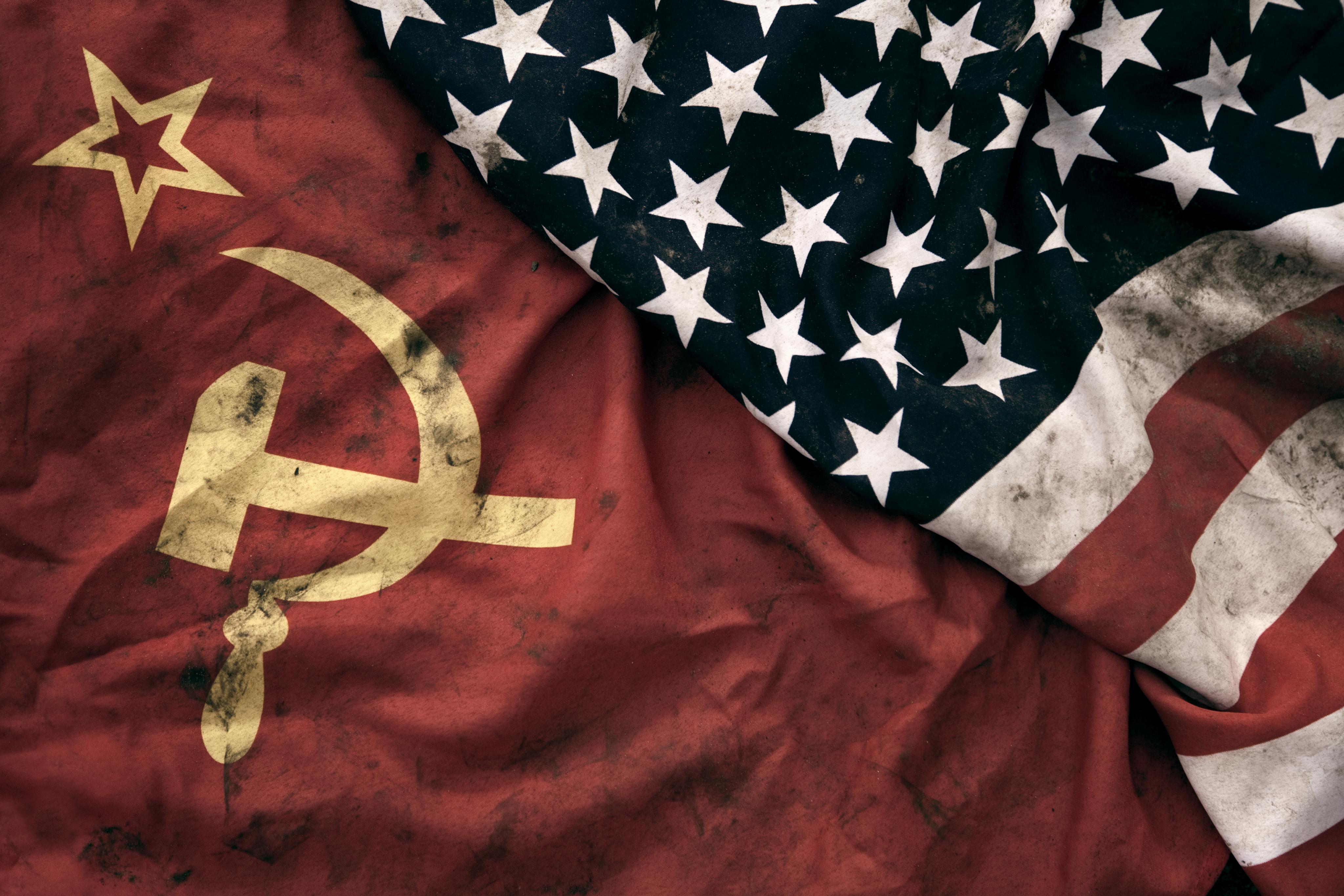The recent spike in Washington’s aggression against China has so far been dismissed as campaign rhetoric. Increasingly, however, people must be asking themselves whether the measures aren’t going too far. The term Cold War has previously been used casually but the scenario been considered impossible. Are we on the verge of a Cold War, though, one that could potentially change the world we have known for good and destroy the paradigms we have so believed in?
Having been witness to what American officials such as Mike Pompeo presented to the public at least this space has become quite a bit more anxious. We are no longer talking about merely poking the dragon on trade and Huawei. There appear to be concerted actions behind every move the White House is making. As commented on in recent posts, the following are the key aspects that should raise the attention of every world citizen:
One, the US secretary of state has openly and explicitly called for a global alliance against China, to contain it and hamper with its further development as a nation by economically disengaging with China. Other nations are being coerced to align themselves with Washington’s line, and if they don’t like Germany has been hesitant to do, they are being belittled as cowards and blinded. What does this mean? Is it an implicit declaration of war?
While it was trade practices and Hong Kong that was preeminent in Washington’s rhetoric so far, Pompeo recently gave speeches on China comparing the country to Frankenstein. He also called Xi Jinping a true believer in a bankrupt totalitarian ideology, and national security advisor Robert O’Brien equated him to Stalin. In other words, trade or economic war doesn’t cut it any longer, and dialogue has been dismissed as an essential tool to resolve conflict. It rather sounds like regime change is on the agenda.
Two, America seems to be willing to back it up militarily. If symbolism and implicit pressure wasn’t the way to go, why on earth would Washington send two aircraft carrier strike groups crisscrossing around China’s doorsteps and extend exercises into the Strait of Malacca and the Indian Ocean, which encompass existential maritime trade routes for China? How far is this provocation destined to go, and how much more likely is a military accident at sea that could change our world forever?
Three, there seems to be a deliberate attempt to break off diplomatic relations. The first shot across the bow was Washington’s unilateral move to close the Houston consulate. Beijing had no choice but to retaliate with its own order to close the US consulate in Chengdu. While these acts are being dubbed as symbolic, the accusations of espionage surrounding them are of a more serious nature. Arrests of Chinese academics with alleged military ties have been made. How will Beijing react to that?
Four, the shocking prospect of a blanket travel ban for all members of the Communist Party is still hanging in the air. Taken literally, ie counting 92 million party members as well as their associated families, the total number of people being prevented from setting foot in America could easily run into an estimated 300 million or more, no matter whether those members and their relatives have nothing whatsoever to do with government decisions. Talk about an enforced decoupling of people?
Five, the rhetoric seems to have truly turned for the subversive. Observers will have taken note that the hawks around Donald Trump have started to call the Beijing leadership the Chinese Communist Party and address Xi Jinping no longer as president but as secretary-general. This is an apparent move to delegitimise Xi’s rule and drive a wedge between government and population. Not that this would be graced with any success, but hasn’t it been America’s grievance that other nations would meddle with elections and internal affairs?
And six, as I said in one of last week’s
posts, the 50-year history of US-China engagement is being rejected and trampled on almost from one day to the next. Richard Nixon, the father of this rapprochement in the early 1970s, must be turning in his grave. The last contemporary witness and probably the key engineer of opening the two nations toward each other, Henry Kissinger, has repeatedly warned of this very moment. Sadly, the sage is not being heard, and he must be grieving over what’s happening here.
If it was only uncouth comments of aggressive or disgruntled individual politicians… But sadly, it smells of deliberate and concerted action that can only lead to more escalation. The dangerous part is that we seem to be moving from conflict territory that had still been resolvable by diplomacy and re-rapprochement to an era of irreconcilable differences that can only be settled by contention via a Cold War scenario. Apart from some ideologues in the White House, who needs that…?
Tragically, it no longer matters who did what first, whether it was Chinese mercantilist trade practices furthered by potentially ill-conceived WTO rules, and that US administrations have been caught sleeping at the wheel regarding China because they were preoccupied in the Middle East. And now, Peter Navarro, the uber-hawk who has still not been fired from the White House despite his unusual
interview a while ago, seems to be even more firmly in the saddle.
I understand when people say they are counting the days to November, but the suspicion is that the current White House is now in the business of radicalising the establishment in Washington to the point of no return. Even if Joe Biden won and wanted to mend relations with Beijing again, an overhyped Congress may not let him.
